
While each stage in our growth and development as human beings has its fair share of conflict and hardship, none is as tempestuous and complicated as adolescence. It is the time of loss of innocence, when we have to leave the cradle in which we so happily romped to take a look at a world that most of the time is cruel and indifferent.
It is a time of great transformation and discovery; our bodies change in such amazing ways and so fast that we feel dazzled and mesmerized. Our intellect develops more than ever before, our emotions grow deeper, and our cravings become more complex.
It is in adolescence that we define ourselves by our own terms, and when we try to know who we are. We discover sex, love, passion, and our lives are filled with great intensity and energy. But we also come across pain, fear, confusion, and many other negative feelings that make us feel distraught and tired.
The death of innocence comes as particularly painful, for we realize that things are and always will be far from ideal; we realize that the world is ugly, love is unsatisfactory, and our search for answers is unfruitful. That’s why philosophers such as Nietzsche, Sartre, and Camus are so popular around teenagers; they realized how absurd things are and created a philosophical system around that fact.
Such conflictive discoveries can lead those inclined toward melancholy to an utter dissatisfaction with the world, to an unexplainable sense of loss. ‘Ennui’ can be defined as a sort of existential boredom, one that isn’t necessarily a consequence of an eventless environment, but one that spawns from the belief that nothing good is ever going to happen. It’s an emotional tiredness that is often accompanied by depressive states.
Here I present a compilation of 15 films in which ennui during the teenage years is explored and portrayed in its wide array of manifestations.
1. Rebels of the Neon God (Tsai Ming-liang, 1992)
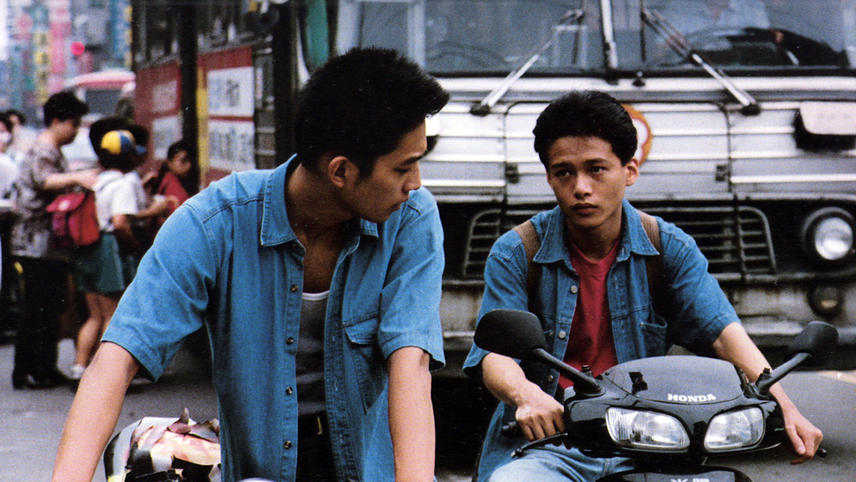
The life of two completely different teenagers is intertwined in Tsai Ming-liang’s beautiful and melancholic masterpiece “Rebels of the Neon God”. Taipei serves as the background for the story of Hsiao-Kang, a young student living with his hardworking father and his devout mother. Then we have Ah Tze, a rebellious young man who spends his days playing at the arcade and partying with his friend Ah Bing.
As is the case of any other teenager, Hsiao-Kang’s relationship with his parents is complicated; his father is authoritative, cold, and always fails to emotionally connect with him, and his mother uses her religion to try to find an escape from reality.
The loneliness and grief of growing up is beautifully pictured in this neon-lit, crowded, and noisy Taipei. Every character in this film is lost in their own way, but it is Hsiao-Kang and Ah Tze that we are concerned about.
While Hsiao-Kang decides to quit school without telling his parents and is, in consequence, expelled from his home, Ah Tze and Ah Bing try to make easy money with a theft, resulting in the being chased through the streets and badly beaten up.
2. Permanent Vacation (Jim Jarmusch, 1980)
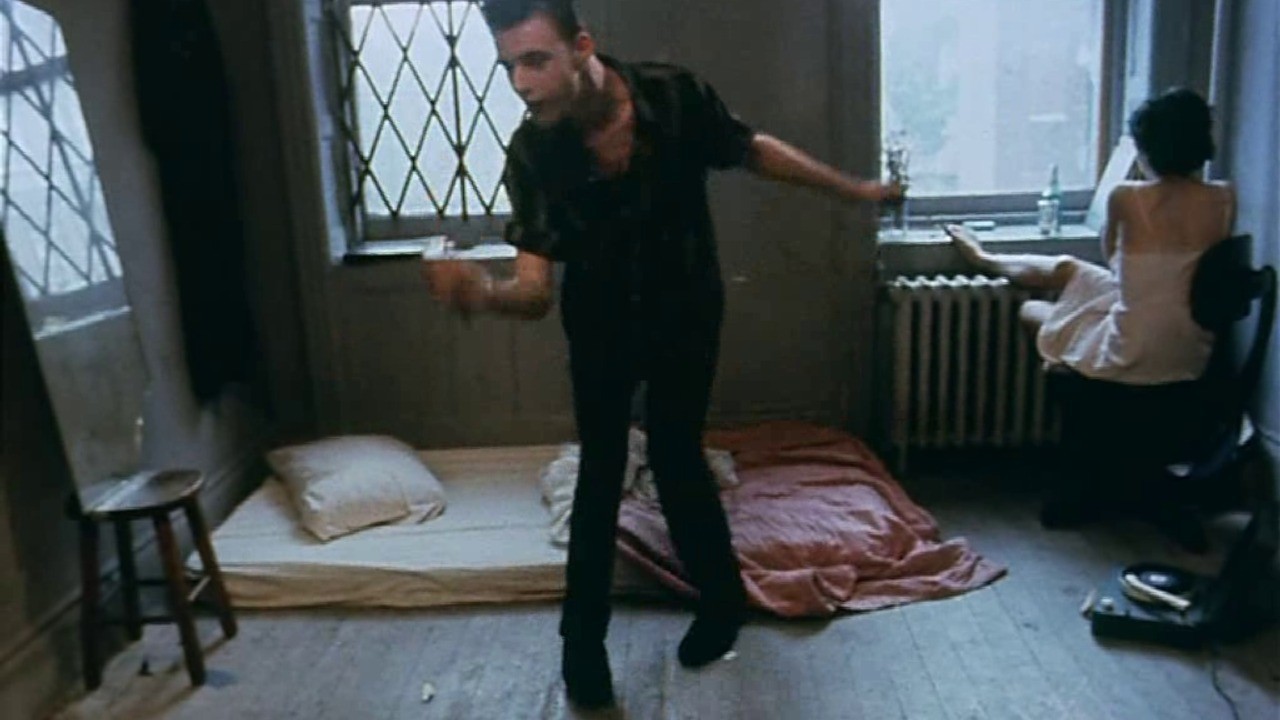
Another debut film in this list, “Permanent Vacation” tells the story of a young man living in New York City named Allie. He doesn’t go to school and doesn’t have a job, so he just walks around in search for something new and interesting. Wandering around New York he comes across several strange characters, people whose lives are dangerous and exciting and outside the status quo,.
The character of Allie represents the angsty teenager, disappointed by the world around him. He has set himself apart from the world of responsibilities and obligations of everyday life, choosing instead to justify his existence by walking. Walking then becomes a way to find meaning in an absurd world, to try to reach that which is hidden in plain sight.
3. Ida (Paweł Pawlikowski, 2013)
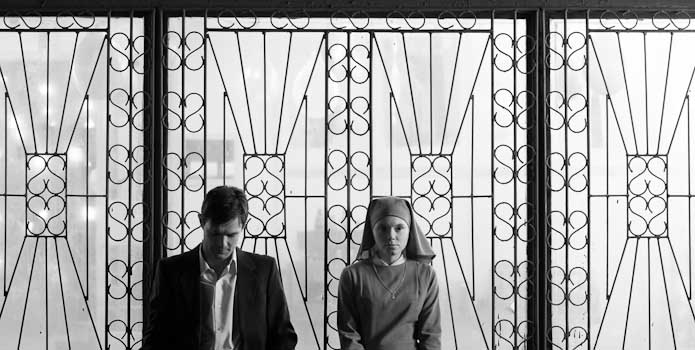
Polish director Paweł Pawlikowski made with “Ida” a touching portrayal of two very different characters. Ida is a young woman, an orphan who grew in a convent and is about to take her bows. However, before she does that she goes to see Wanda, her only living relative. While Ida is shy and well behaved, being conservative in her way of facing the world, Wanda is free-spirited and adventurous.
They go on a beautifully photographed voyage of discovery in which some dark family secrets arise. Ida’s venture into the world outside the convent serves to reaffirm her desire to take her vows, but also as her only chance to experience the things forbidden by the ecclesiastical lifestyle. Her discoveries about her family’s past go parallel to her discoveries about herself; she learns about tenderness and love, about beauty and desire, before committing body and soul to the service of God.
4. Submarine (Richard Ayoade, 2010)
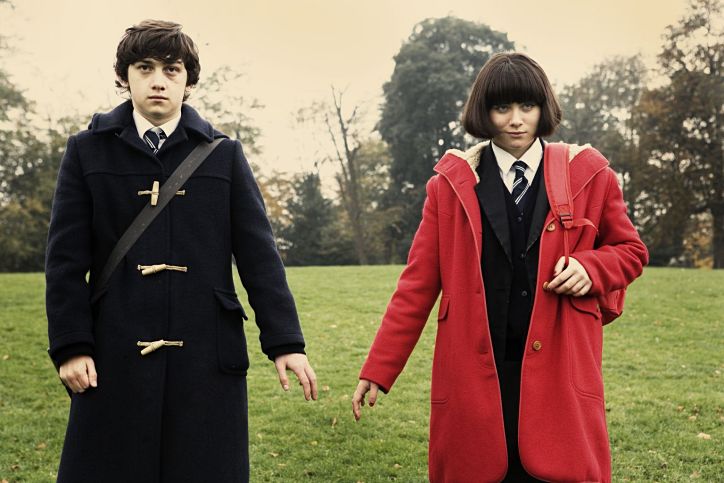
“Submarine” is a coming-of-age film that tells the story of Oliver Tate, a very smart and socially inept 15-year-old boy who is struggling to start a relationship with Jordana, his love interest, and to help save his parents’ marriage. Dealing with themes such as existentialism and confusion, the film portrays the hardships of growing up in an uneasy environment.
While Oliver sees his mother fall for an old flame that came back to her life while his father struggles with depression, Jordana has to face mortality when her cancer-afflicted mother seems to be on her deathbed. They both have torment in their lives, aside from the pain of trying to find out who you are socially, and finding a place to fit in. In this way, they become a safe haven for each other, a place to let out the pain and confusion.
5. The Virgin Suicides (Sofia Coppola, 1999)
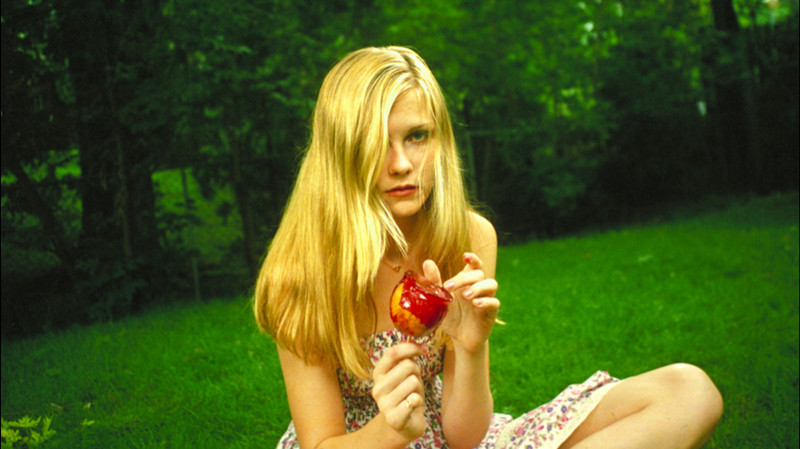
“The Virgin Suicides” is the first feature-length film by Sofia Coppola, and in it we can already find the themes and obsessions often depicted in her oeuvre. This is a tale of loneliness, sadness, death, and suburban melancholy. The lives of five young sisters are told through the narration of a boy who is obsessed with their story and how unlikely it is.
The turbulences of the teenage years are presented in this suburban drama in a very intimate manner, allowing us to understand what it is like to be in the shoes of a teenage girl who is just discovering the world around her.
The film begins with an unexpected suicide attempt from the youngest sister, and going forward, death becomes a persistent and present force in the film. Being daughters of an almost fanatically religious couple, their interactions with the world are limited by a strict vigilance; they crave to know a world which is forbidden to them.
6. The 400 Blows (Francois Truffaut, 1959)
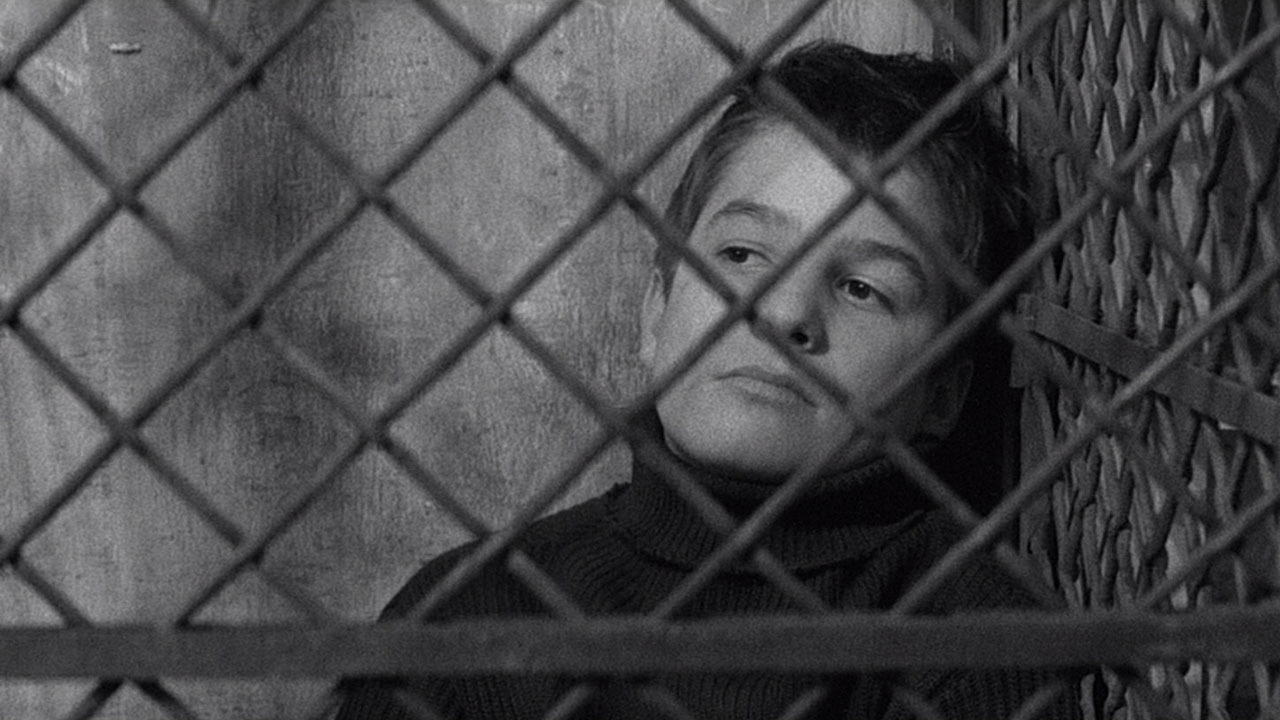
A must-see for every film enthusiast, “The 400 Blows” is a semi-biographical account of Truffaut’s childhood and the moment he decided he was going to make movies. It tells the story of Antoine Doinel, Truffaut’s alter ego, played by his constant collaborator Jean-Pierre Leaud. He is a 14-year-old child who is constantly in trouble at school and unhappy in his home; his parents are constantly fighting, and they don’t seem to understand him very well.
He is directionless, often preferring to skip school to go see a movie, and he eventually falls into committing petty crimes. He is caught by the police and sent to a detention center. In the masterful and elegant end of the film, we see young Doinel faced with the fact that he needs to find direction in his life, and that he can’t run and escape anymore.
7. Blue is the Warmest Color (Abdellatif Kechiche, 2013)
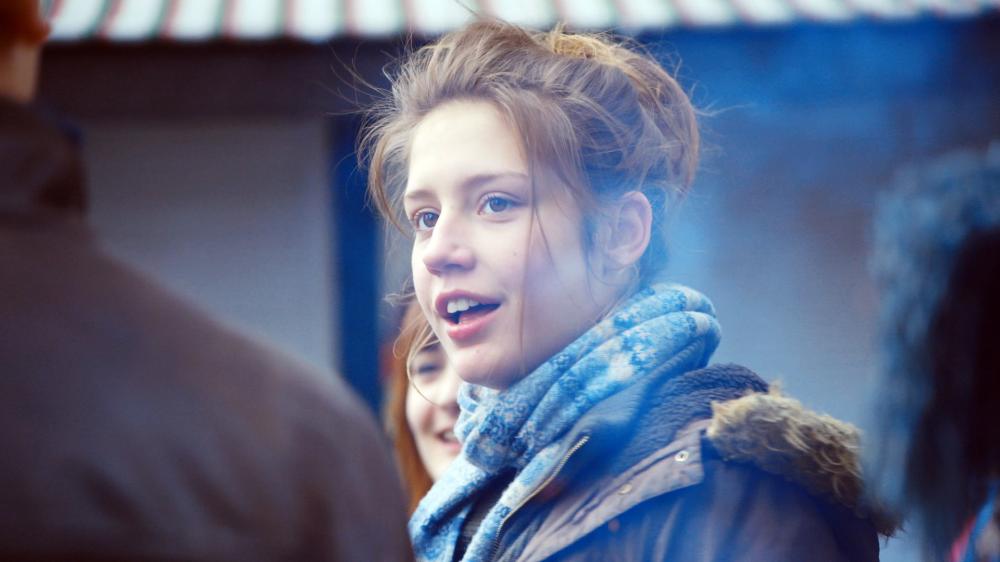
Adèle Exarchopoulos and Léa Seydoux star in this polemic Palme d’Or-winning film. “Blue is the Warmest Color” is an adaptation of a graphic novel by French writer and illustrator Julie Maroh, and it follows the life of Adele, a young woman who is just starting to find out who she is in relation to the world. She meets Emma, a mysterious blue-haired woman to whom she feels a great and unexpected desire.
The sexual uneasiness of Adele and her unpleasant encounters with men eventually lead her toward Emma, whose magnetism is impossible to ignore. Adele’s attempts to discover herself sexually are presented in a very intimate manner; her discoveries are ours as well. Nevertheless, love fades away over time, as it always does, and pain settles in as a substitute for feeling. This is a film about love and loss, about growth and self-discovery.